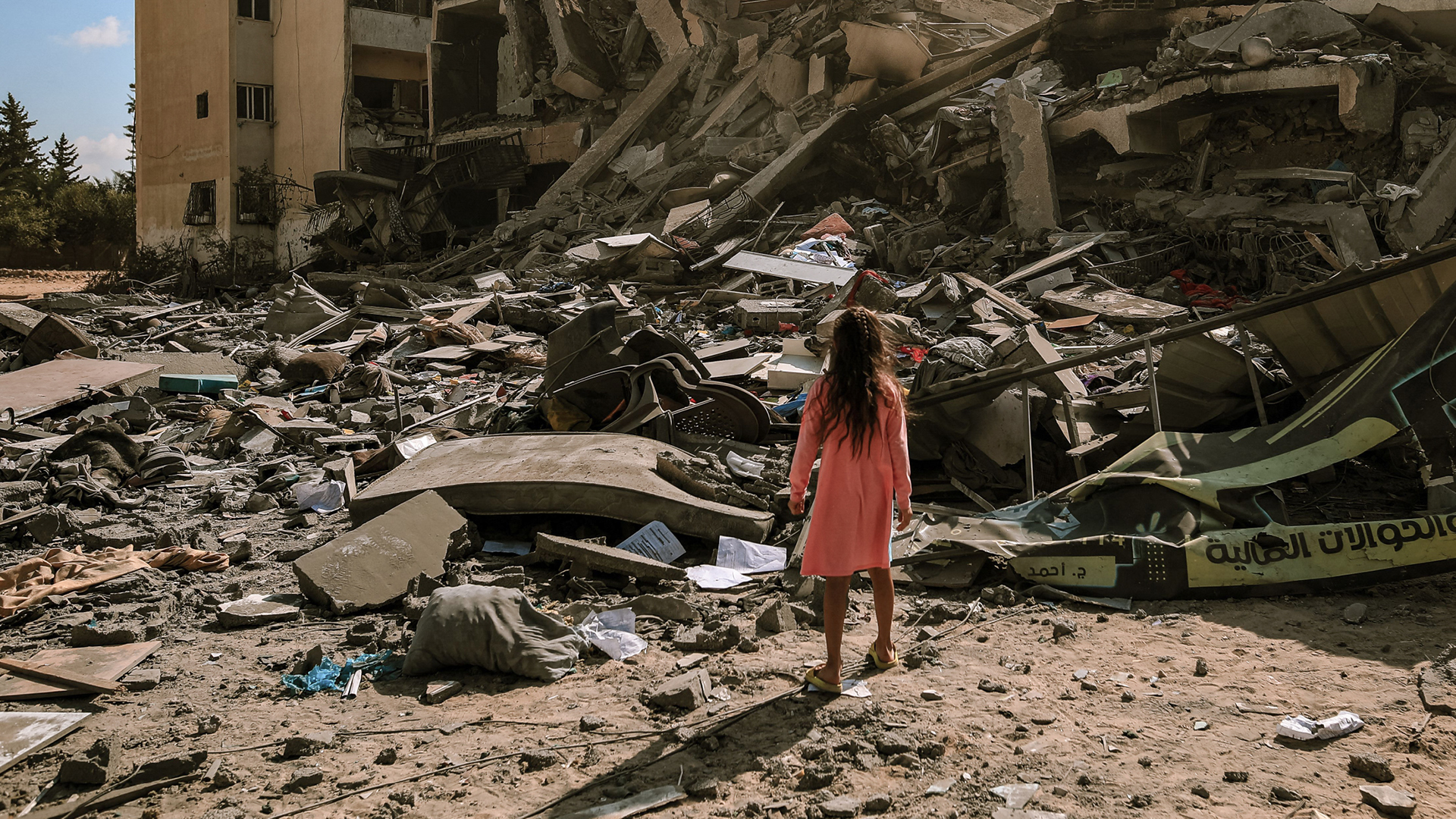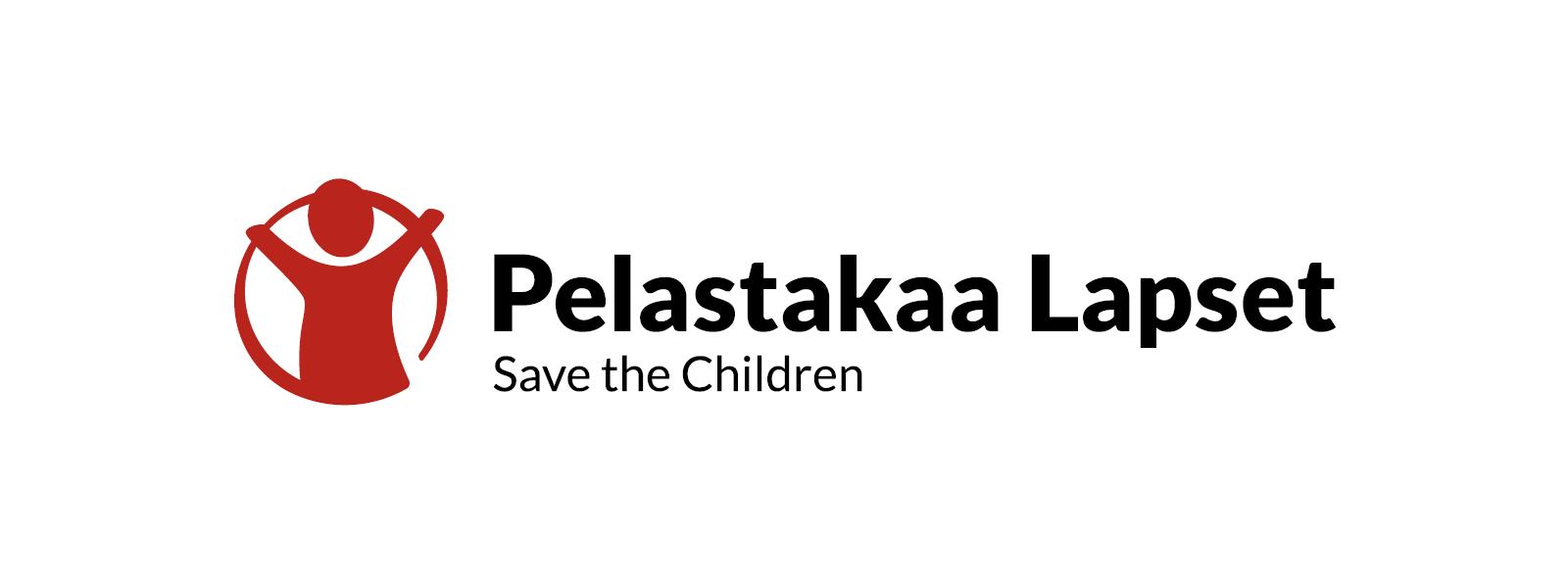A school shooting creates fear, anxiety, sadness and stress in us adults as well as in children. The killing of schoolmates by a child at school is shocking in a different way than, for example, a traffic accident or a natural disaster, although the traumatic shock may be the same in both. It’s normal to be scared when your sense of security has been suddenly shaken. Shock is a healthy reaction.
Here are some tips on how to have a conversation with children.
If you yourself are still in shock (e.g. you’re feeling unsafe or restless, your thoughts are wandering, everyday routines have not yet brought you back to the present moment), calm yourself down first. Call a friend and talk to other adults in your circle. You can share your feelings of distress and sadness with other adults, but make sure that children are not in earshot. Take some time for yourself and take care of yourself
Stay calm and take deep breaths. It’s important that we as adults feel safe in order to be able to take in what the child has to say. A child needs a safe adult who is able to create a calm situation. Even an adult can’t always have the answers to all questions.
Remember that you know your child and their background the best.
1. Give sufficient time and listen to the child
Give the child space to talk when they want to: Even if you’re in the middle of something, take a pause when they need you. Encourage the child to say what is on their mind. Be curious: child’s thoughts may surprise you and be completely different from what you might have expected. Don’t judge or dismiss children’s concerns, but rather allow them to express their worries and ask questions.
Being present, giving time and listening is also about respecting the child’s own, personal disposition: Not all children necessarily want to talk things over right away. Some might be more interested in an upcoming football tournament than the recent events. Respect the child’s own pace and way of processing things. A hug in everyday life and the child knowing that you are available and present to them when needed are the most important things, and for many it is enough.
2. Tailor the conversation to suit the child
Find out the facts from reliable news sources, but don’t overburden yourself. There may be rather few facts available in the first days and weeks, but we need them when talking to a child. Don’t share the speculations floating around on social media. Address any misplaced concerns a child may hear from rumours, friends or the Internet. Professional adults are working to sort things out. We will find out more in due course.
When the child asks questions, answer truthfully, age-appropriately and respecting their questions. Start with simple information, as too much detail may baffle the child and cause confusion. Older children need more details than younger children. Answer the child’s questions honestly, taking their age into account.
If any of the child’s thoughts are unclear or incomplete, you can go back and check whether you understood them correctly: What did you mean by that?
3. Strengthen the child’s sense of security
Adults are taking care of things and doing their best to handle the situation. Emphasise that we are safe now and it is safe to go to school. Tell them that such violent situations are rare. Children may be scared and reluctant to go to school. It’s important for an adult to encourage them to go to school because, at school, they have peer support and professionals to help process what happened together. School, hobbies, and daily routines are important for restoring a sense of security and for normal everyday life to continue.
4. It’s normal to be scared
Help children understand that all feelings and bodily reactions are natural in this situation. Together with an adult, it is safe to experience all the emotions. The emotions will also pass, giving way to other things: Joy and playing with friends as well as boring or fun routines. Children don’t have to feel guilty about playing, seeing their friends, or doing things that make them happy.
5. Additional help and referral to services
The presence of parents, the support of loved ones and friends as well as the work done in schools help most children and adults overcome the initial shock and to move on. Reassurance, presence and daily routines often help us recover. It’s good to monitor child’s well-being and mood by being present in the child’s everyday life. If it happens that recovery does not start or progress, but instead the child seems fearful, angry, or withdrawn for a longer period, seek additional help through the school or healthcare services, for example.
Save the Children support chat
- Save the Children Finland offers children and young people support services where they can discuss any issues weighing on their minds. The anonymous one-to-one support chat on the www.netari.fi website is open every day, except Saturdays, from 6 pm to 9 pm.
- The support chat on WhatsApp is open on weekdays from 5 pm to 7 pm. The phone number for the WhatsApp chat is 050 313 5160.



